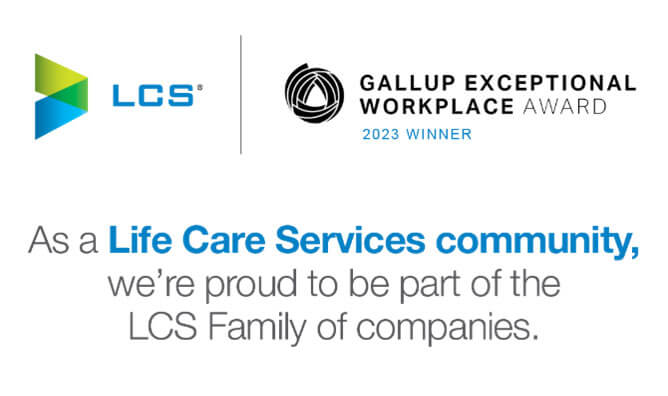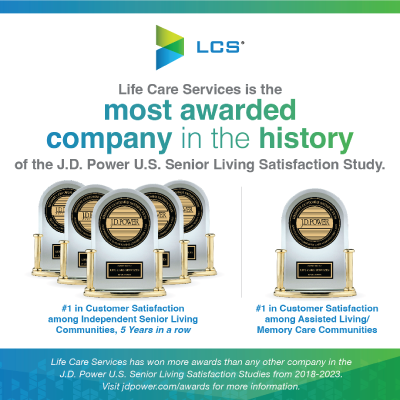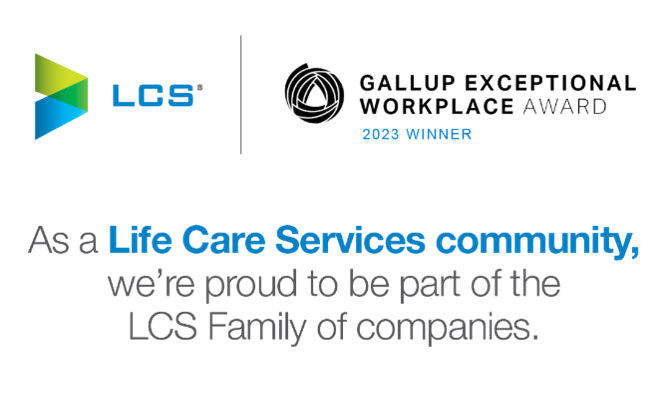Welcome to Gable Pines
Get in Touch
A New Dimension in Senior Living
Gable Pines brings an entirely new dimension to senior living in the Vadnais Heights/White Bear Lake area. Here you’ll find Independent Living, Assisted Living, and Memory Care all under one roof. It’s a place where you can live the values and lifestyle of our area while staying connected to lifelong friends in a warm, comfortable, carefree community.
Learn More About UsIndependent Living
Now this is the definition of carefree living! At Gable Pines, you’ll have the freedom to create the lifestyle you’ve always dreamed about in a residence you’ll love to call home.
Explore Independent Living
Assisted Living
Our thoughtfully designed assisted living residences offer independence and privacy with just the help you need so you can continue to do the things you love and live life your way.
Explore Assisted Living
Memory Care
Gable Pines features Heartfelt Connections-A Memory Care Program®, a compassionate, whole-person approach to Alzheimer’s and dementia care.
Explore Memory Care
A Floor Plan for You
Gable Pines offers a variety of beautifully designed apartment residences with a wide range of floor plans crafted for every lifestyle.
View All Floor Plans

Live Music
April 18, 2024 | 2:00 – 3:00 pm
Live Music 2-3pm in the main dining room. Scott Beaumont.
Residents and Their Families Love Gable Pines!
Write a Google reviewAccreditations





Have Questions About Gable Pines?
We’d love to hear from you! Just reach out to our expert team and we’ll be happy to help in any way we can.
Get in Touch















